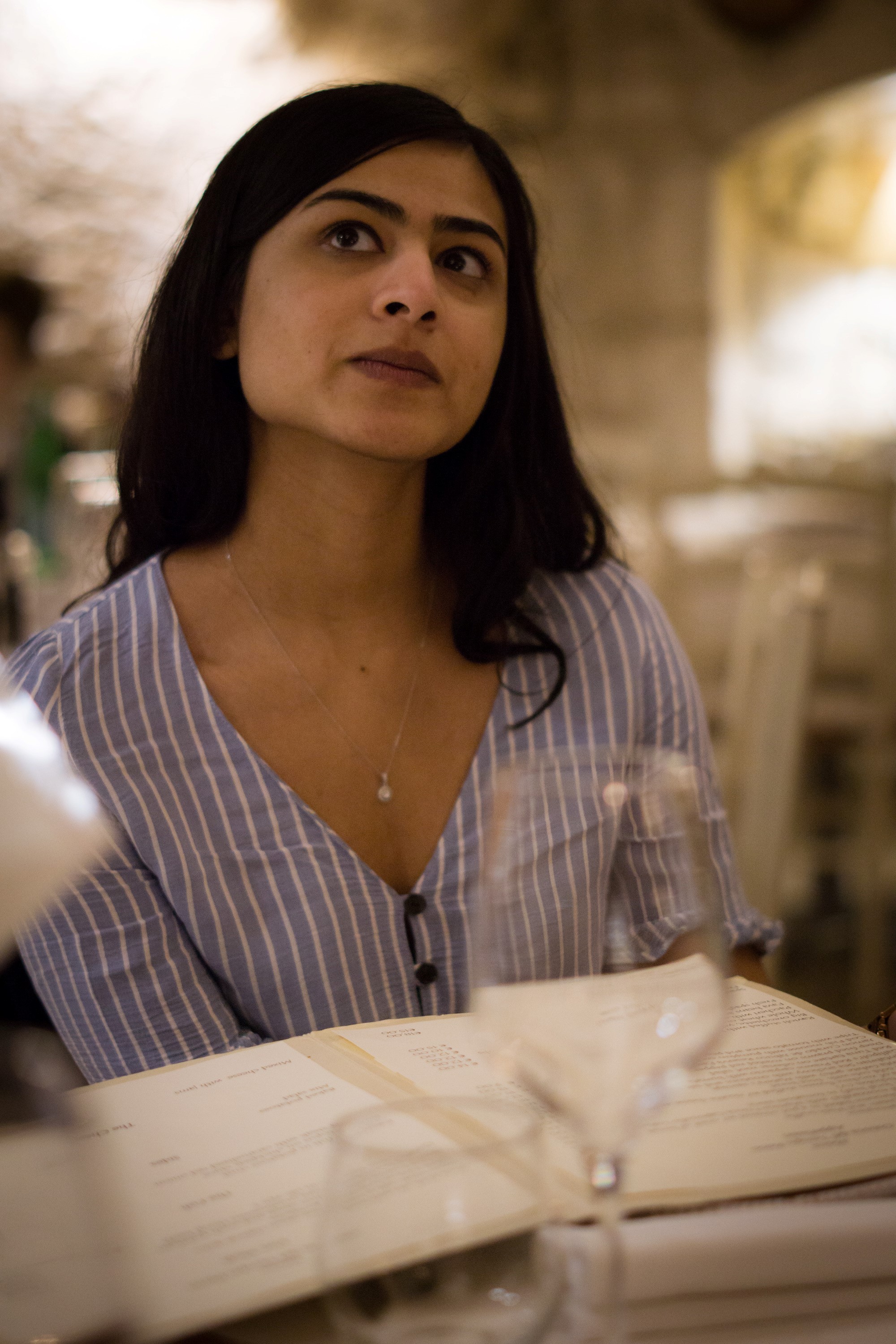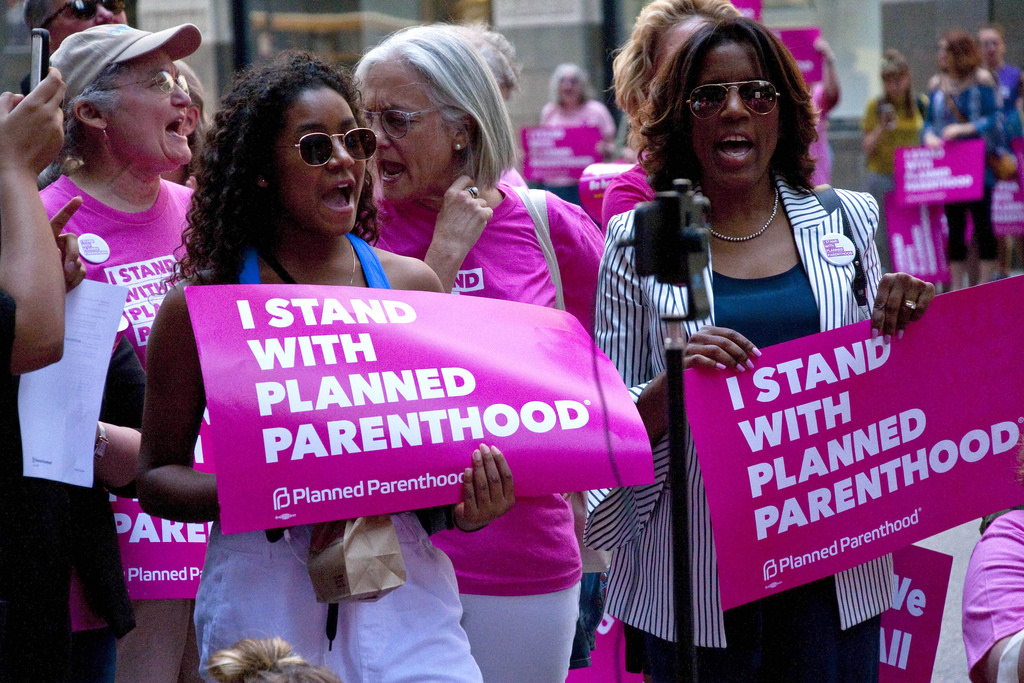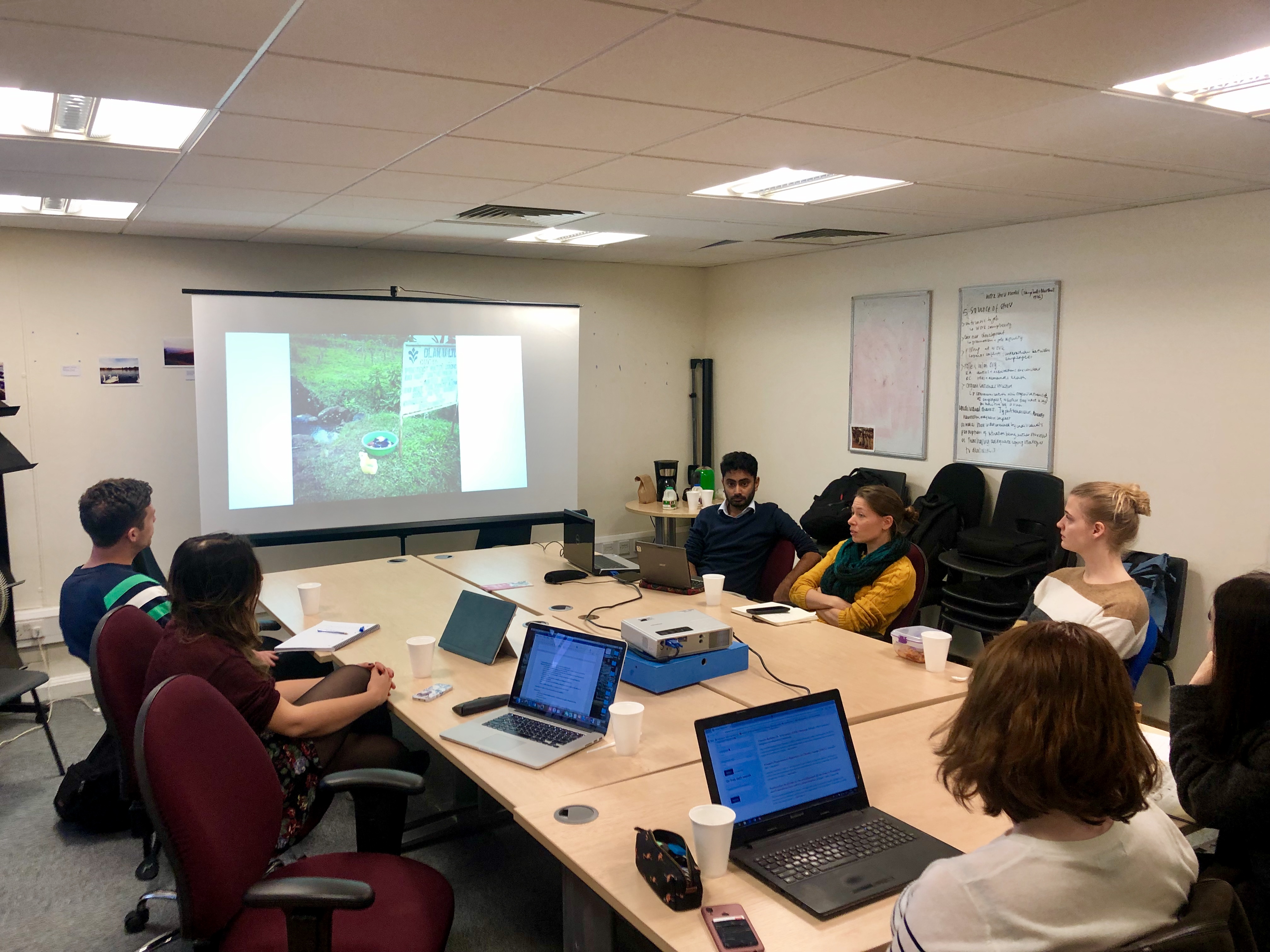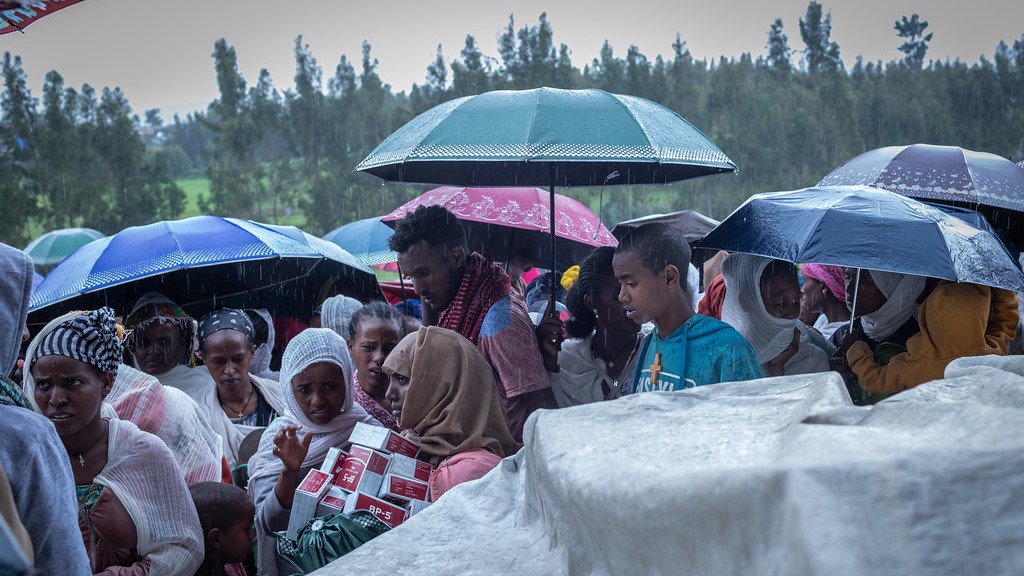For this week’s ID Weekly Spotlight, Student Media Ambassador Saddi Basnet spoke to MSc Development Management student Maleeha Kisat. Read more about her here.

Growing up in Pakistan, I knew I wanted to work to improve livelihoods. As an undergraduate student at LSE, I studied Government and Economics which provided a good foundation to understand some of the issues in policy making. In my second year, I had the opportunity to study abroad at Berkeley in the US where I studied courses outside of my program. While taking a course in the history of development and underdevelopment, I realized my interest in development because while it is important to learn policy making, it is also equally important to understand it in the context of developing countries and the specific challenges they face. I remember a specific lecture we had earlier this year by Naila Kabeer about household structure, gender relations, and development outcomes which was significant for me in this regard. As an undergraduate economics students, I solved equations on utility maximization based on household models and consumer choice theory. It was a technical task with technical assumptions. As a graduate student, I find it interesting that a lot the economic assumptions can be modified to make sure policies can be adapted to meet specific needs. The models I used to solve equations in undergrad didn’t consider various gender and power dynamics in the household and it has been an extremely valuable learning experience.
I joined the MSc in Development Management program right after I finished my undergraduate degree. The summer in between was certainly challenging as I had a very tough decision to make. I had actually enrolled in culinary school to become a chef because food is one of my passions. Ultimately though, I chose the Master’s program because I always had an interest in research and worked as a research assistant for Durham University during my undergraduate studies. I was hoping my Masters would give me an indication of whether I wanted to ultimately pursue a PhD and if so, what I wanted to specialize in. While I’ve discovered my interest lies in gender and development, I think I want to get some work experience before I commit to a PhD.
I’m happy that I made the decision that I did because it has been really refreshing to be around other students who have had several years of work experience. I find that I am learning so much from them, not only because their personal experiences in development add so much value to classroom discussions, but even simple things like how they found their job with a specific organization or where to look for opportunities in this industry. There is a network of information you have access to by just being around your peers and I find that extremely valuable as someone who is pursuing this degree right out of undergrad.
The views expressed in this post are those of the author and in no way reflect those of the International Development LSE blog or the London School of Economics and Political Science.





